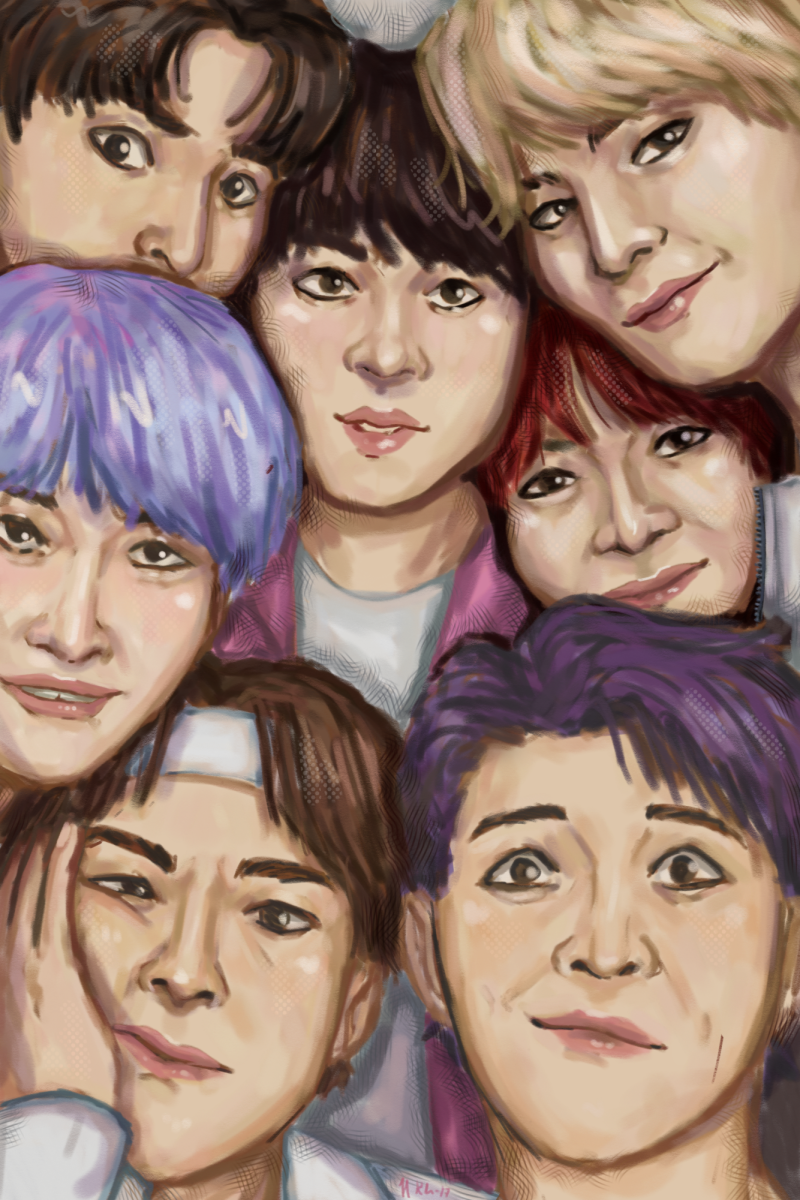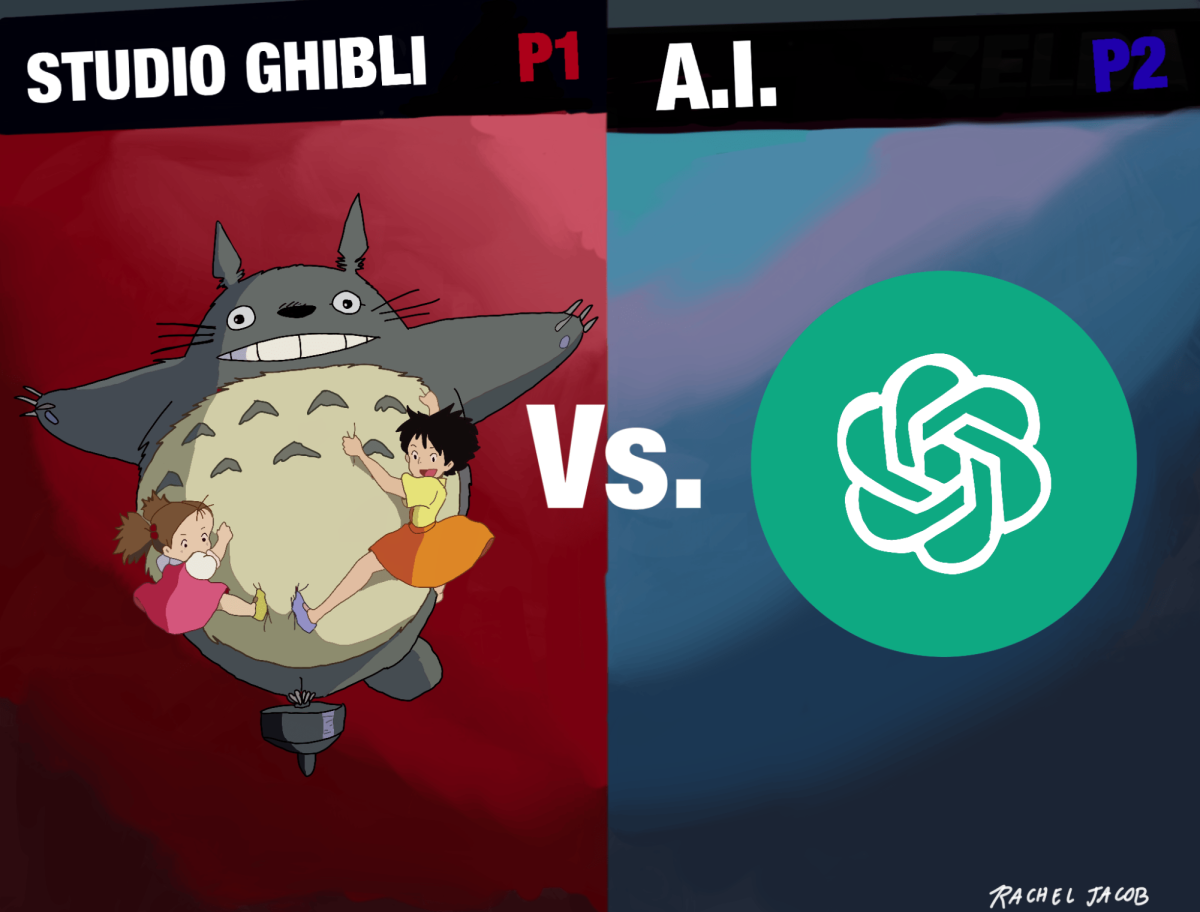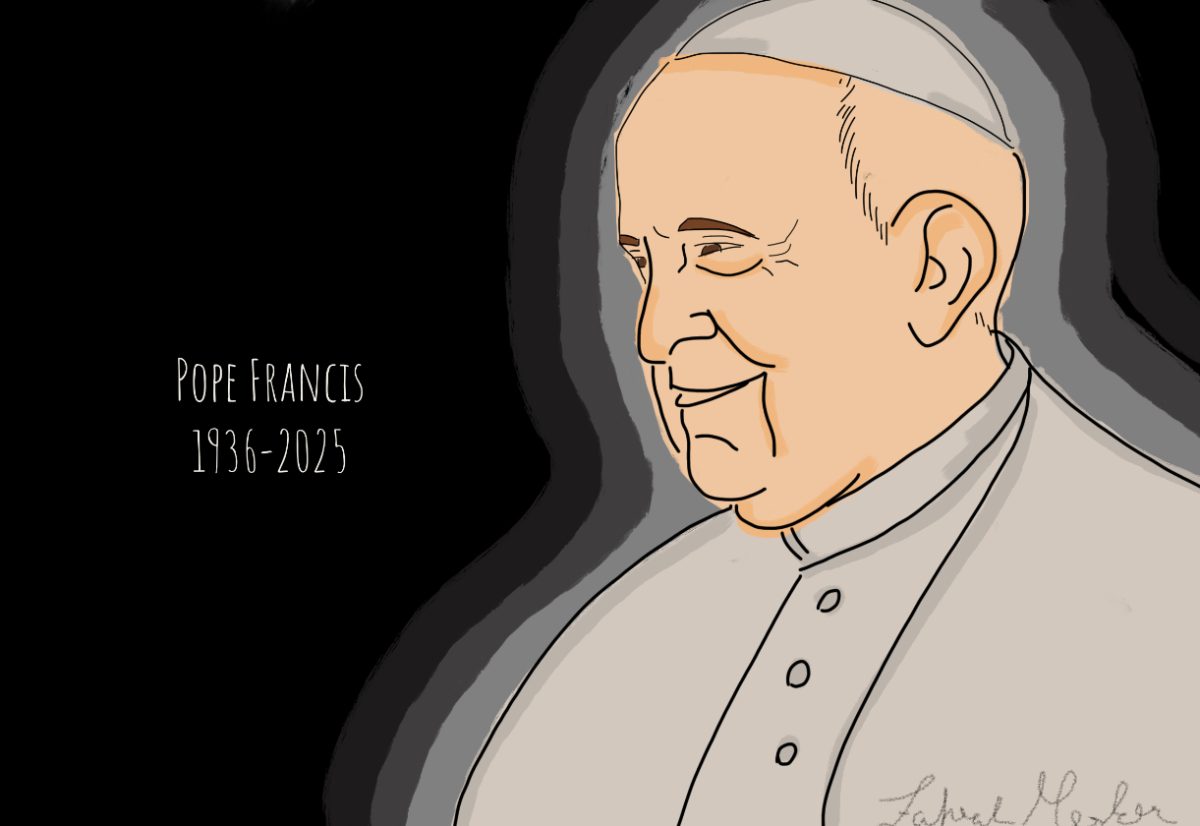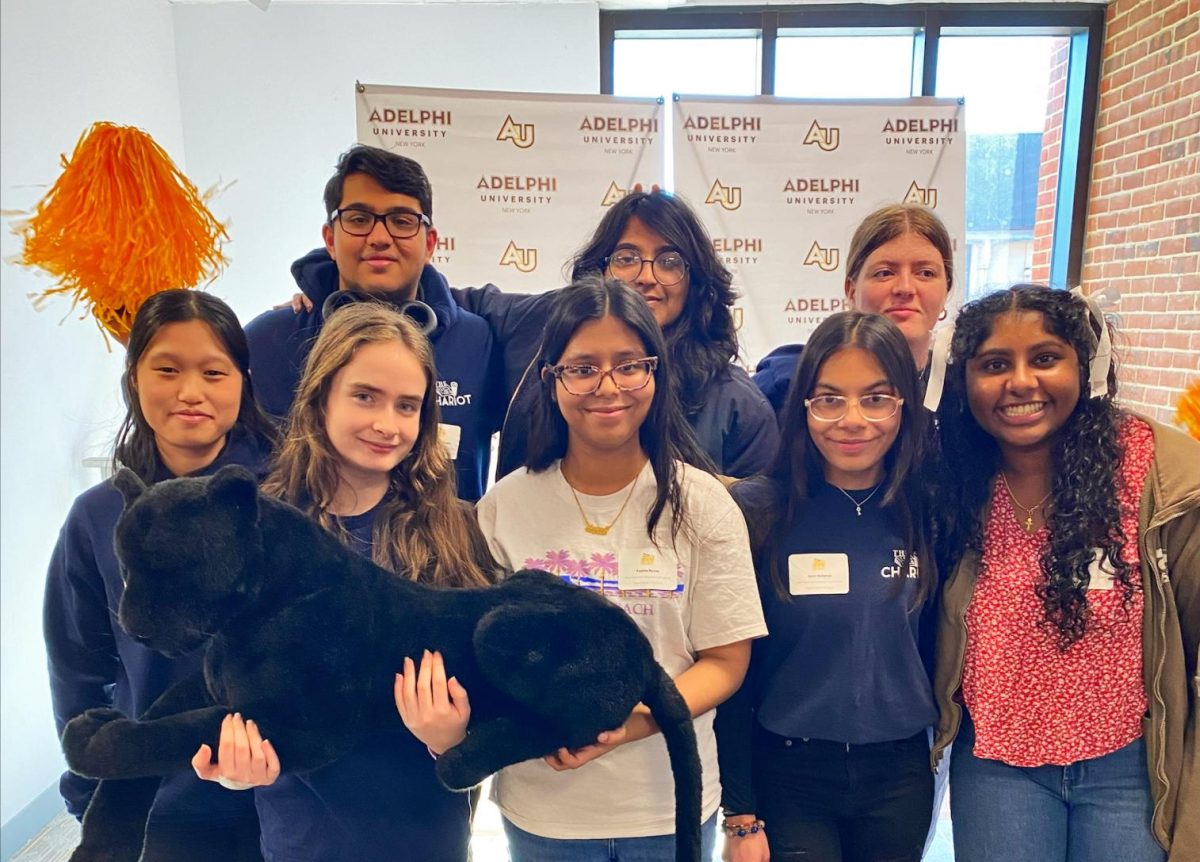Cloning technology has significantly evolved since 1996, the year that the first cloned animal Dolly the Sheep was created. Dolly, as well as previously cloned animals, was created using the standard cloning technique known as Somatic Cell Nuclear Transfer (SCNT): the process of transferring the nucleus of a somatic cell into an enucleated egg cell. This often leads to significantly low birth and survival rates among cloned embryos.
Researchers attempted to clone long-tailed macaques in 2018, when they created 109 cloned embryos and implanted them into 21 surrogate monkeys. However, just two monkeys survived the birth. In another instance, researchers cloned a rhesus monkey using SCNT, but the monkey survived for less than 12 hours.
Researchers at the Chinese Academy of Sciences in Shanghai conducted a study comparing two cloning methods: SCNT and intracytoplasmic sperm injection. Despite similar developmental stages, ICSI embryos had a higher survival rate as compared to SCNT embryos. DNA analyses revealed significant differences in epigenetic modifications, impacting gene activity during development.
Additionally, cloned embryos displayed disrupted patterns in gene expression. To mitigate these issues, researchers replaced the SCNT trophoblast with trophoblasts from ICSI embryos, resulting in the development of a “natural placenta” while maintaining cloned fetuses.
Using the new cloning approach ICSI, the researchers created 113 cloned rhesus monkey embryos and implanted 11 of them into seven surrogates. One of the surrogates gave birth to a healthy male rhesus monkey named ReTro.
Scientists have used cloned monkeys to model diseases such as depression and anxiety to assess the efficacy of drugs like antidepressants. However, this recent breakthrough has caused many to become concerned regarding the impacts of procedure and testing on primates.
The Royal Society for the Prevention of Cruelty to Animals voiced their concern to the BBC about the very high numbers of animals who experience distress in these experiments. The RSPCA also expressed that there would be ‘no immediate application’ for human patients to benefit from these experiments. This highlights the ethical dilemma with animal testing and cloning.
Several faculty members and students at NHP Memorial voiced their perspectives and insight input regarding the cloned monkey, ReTro.
“I feel that this breakthrough really displays how technology is advancing right in front of our eyes,” sophomore Jisha Jinu said. “Technology is evolving rapidly, to the point where now there are new ways to clone animals. Who knows when technology will make human clones…”
“Considering the current level of suffering and health problems of animal clones, there is no justification for cloning. I have no confidence about the safety of the process and its end product. Animal use should be sustainable, humane and safe,” senior Sania Daniyal said.
Although this breakthrough holds promise for further advancements in primate-related research, it also presses ethical dilemmas further regarding cloning and animal testing.











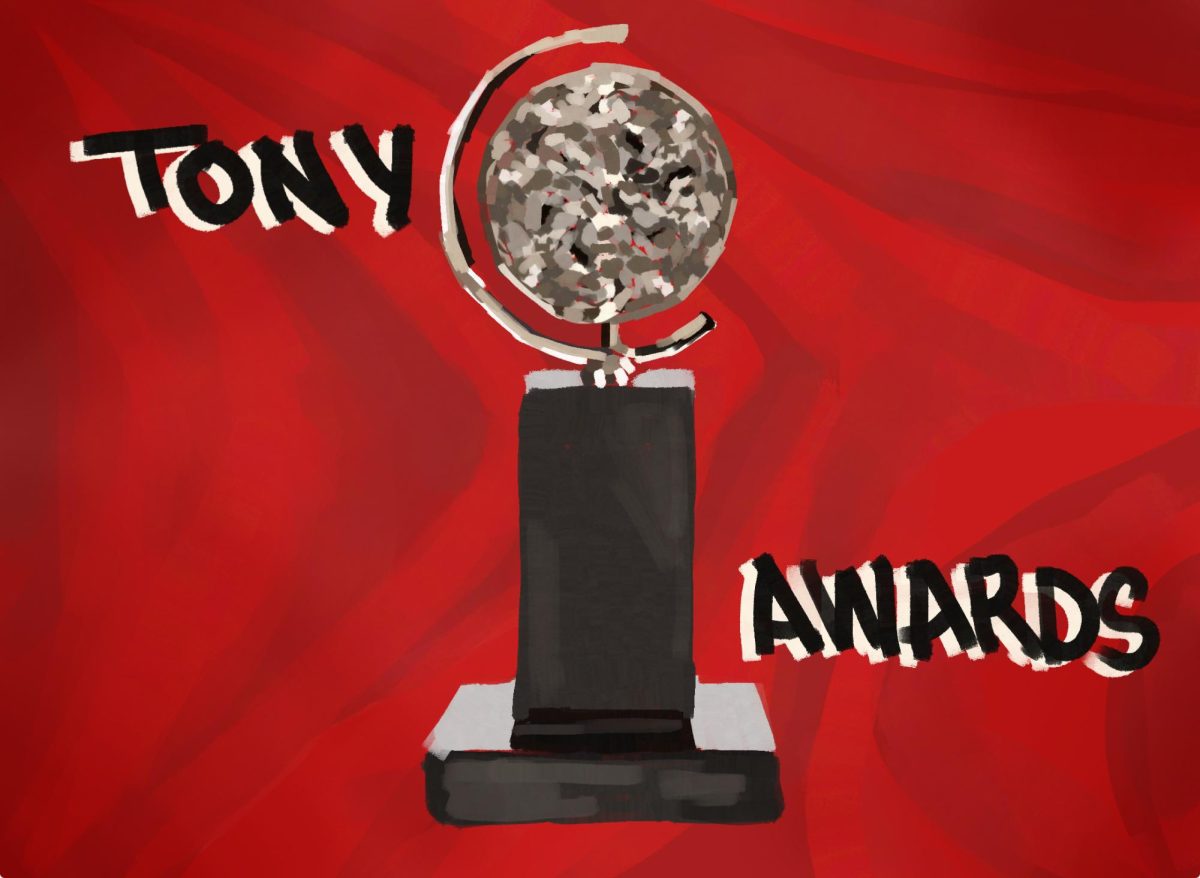

![”[Billie Eilish] truly was made to be a performer and I hope everyone has a chance to see such an amazing show,” junior Nyelle Sarreal said.](https://nhpchariotonline.com/wp-content/uploads/2025/06/IMG_1108-e1749239774437-1200x860.jpeg)

